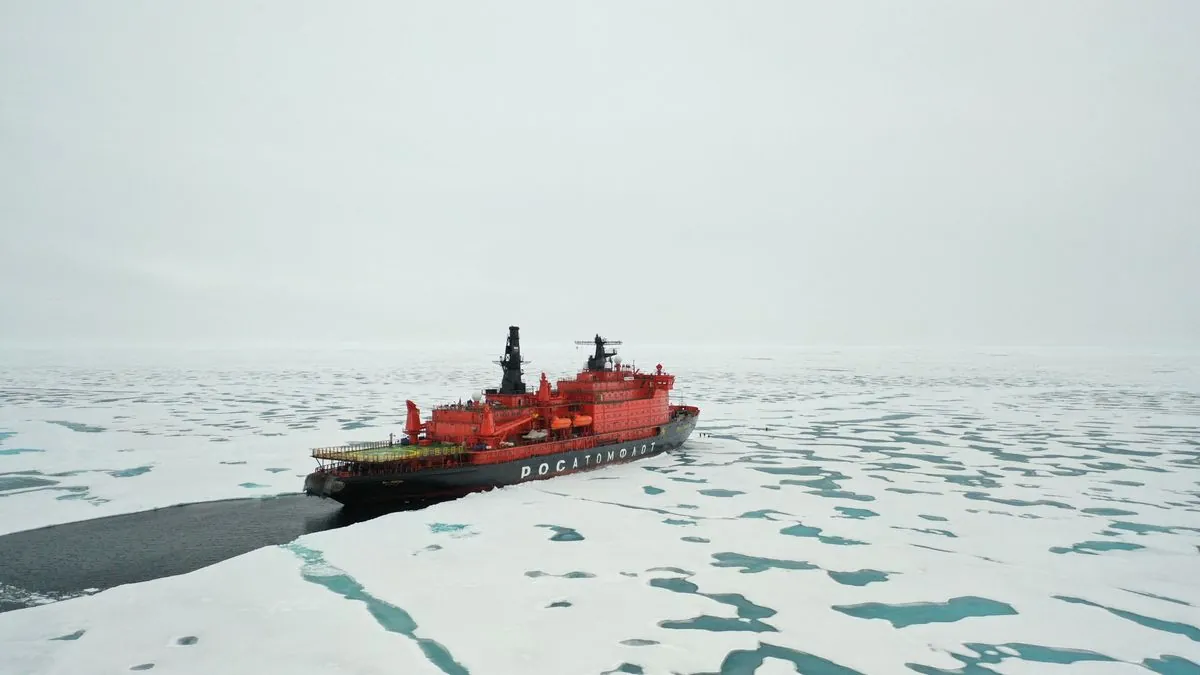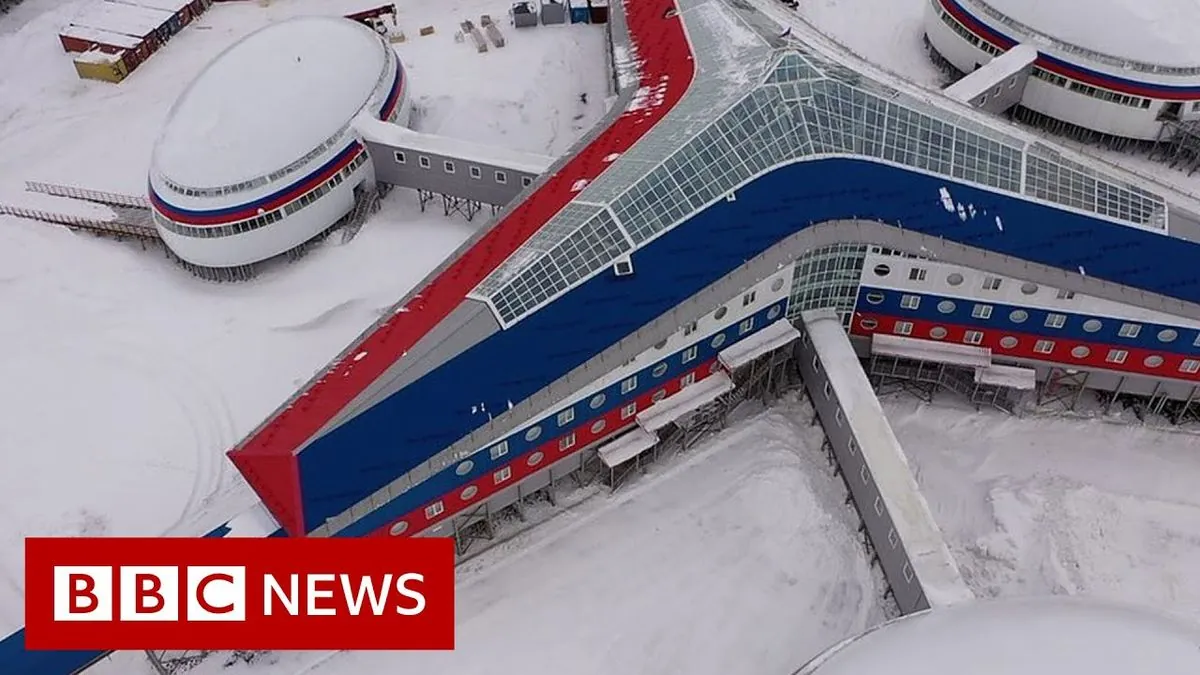Russia Vows to Defend Arctic Interests Amid Rising Tensions with NATO
Russian Foreign Minister Sergei Lavrov pledges to protect Russia's Arctic interests as NATO increases military exercises in the region. The statement comes amid growing tensions and strategic importance of the Arctic.

In a recent interview, Sergei Lavrov, Russia's Foreign Minister, affirmed the country's commitment to safeguarding its interests in the Arctic through diplomatic and military means. This declaration comes as tensions rise between Russia and NATO in the strategically significant polar region.
Lavrov's statements were published in a documentary series titled "Soviet breakthrough," where he addressed the increasing frequency of NATO military exercises in the Arctic. He emphasized Russia's readiness to defend its position "in military, political and military-technical terms."
The Arctic region has gained considerable attention due to its vast natural resources and potential shipping routes. Russia, possessing the longest Arctic coastline of any nation, has a significant stake in the area. The Arctic Ocean, despite being the smallest and shallowest of the world's five major oceans, contains an estimated 13% of undiscovered oil and 30% of undiscovered natural gas reserves globally.

Lavrov's comments follow the release of a new Pentagon strategy on the Arctic in July 2024. The U.S. report highlighted intensified Russian activity in the region, including the reopening of numerous Soviet-era military sites. It also pointed to increased cooperation between Russia and China regarding minerals and shipping routes, suggesting potential impacts on regional stability.
In response, Russia's Foreign Ministry dismissed these claims, accusing the United States of escalating tensions in the Arctic. The ministry rejected the notion that Russian-Chinese collaboration could negatively affect the area's stability.
The Arctic's strategic importance has grown significantly in recent years, partly due to climate change. The region is warming at twice the rate of the global average, leading to the melting of sea ice and potentially opening new shipping routes like the Northwest Passage. This environmental shift could reduce travel time between Europe and Asia, making the Arctic an increasingly valuable economic asset.
"We see how NATO is intensifying exercises in connection with possible crises in the Arctic."
The Arctic Council, established in 1996, serves as the primary intergovernmental forum for Arctic issues. However, rising tensions between member states pose challenges to cooperative management of the region.
As geopolitical competition intensifies, it's crucial to consider the Arctic's unique ecosystem and indigenous populations. The region is home to diverse wildlife, including polar bears and Arctic foxes, and has been inhabited by indigenous peoples for thousands of years. Additionally, the Arctic's permafrost stores massive amounts of methane, a potent greenhouse gas, making its preservation vital for global climate stability.
In this complex landscape of environmental concerns, resource potential, and strategic interests, Russia's stance on defending its Arctic position underscores the region's growing importance in international relations and global security.


































